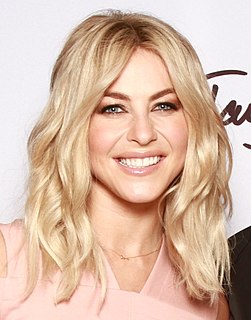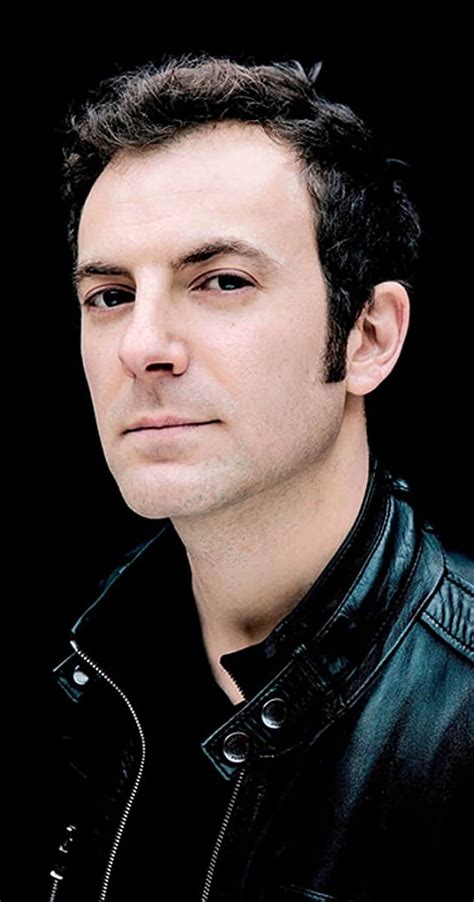A Quote by Russell Crowe
The thing about films is you learn new stuff all the time. You think you can get to a point where you've got it all down. But then another, different situation arises.
Related Quotes
See, the first thing about actors is, you're just trying to get a job; and you audition and audition and you finally get them. And you still consider yourself an auditioning actor. I auditioned for One Fine Day, I wasn't offered that. So you're still in that 'Hey, I'm just trying to get a job' thing. Then, you get to the point where, if you decide to do it, then they'll make the film. That's a different kind of responsibility, and it usually takes a couple of films to catch up. And then you have to actually pay attention to the kind of films that you're making.
When we find ourselves in the same situation repeatedly as a result of our conditioned responses, we must stop and do a new thing. The situation may look different. The route we take there may be altogether different. The lesson we must learn does not change. Get honest! Pay attention! Change what you do to create a change for yourself!
When I lived in New York, there wasn't as much TV or film around. I got asked to do a couple of indie films, just based on me being from The Smashing Pumpkins and A Perfect Circle. I did a couple of indie movies from Japan and one from Canada, and I thought it was an exciting, fun thing to do. I had a great time doing it, it was just that, in New York, there really wasn't as much. My studio in New York closed, so I moved out to L.A. and just started looking into composing as another thing to do, as a musician. I like it a lot. It's fun and it's a different way of thinking about music.
There are so many varieties of films. You've got the jet-lagged films, where you fly to Bulgaria or wherever and get off the plane, and they bring you right to the set, and you start working, even though I don't even know my name, it's been such a long flight. Then there's the alimony films. But after you've been doing this long enough, you've gotten into every kind of situation you can imagine, even to the point where there is basically no script, so you have to kind of do it scene by scene and survive.
I didn't learn how to read and write until pretty late, and it was this very mysterious, incredible thing, like driving, that I didn't get to do. And then I started writing things down on little scraps of paper and I would hide them. I would write the year on them and then I would stuff them in a drawer somewhere. But I didn't start to really read until about eight. I'm dyslexic, so it took a long time.
I think the biggest misconception about mathematics is that everybody has to learn it. That seems to be a complete mistake. All the time worrying about pushing the children and getting them to be mathematically literate and all that stuff. It's terribly hard on the kids. It's also hard on the teachers. And I think it's totally useless. To me, mathematics is like playing the violin. Some people can do it - others can't. If you don't have it, then there's no point in pretending.




































